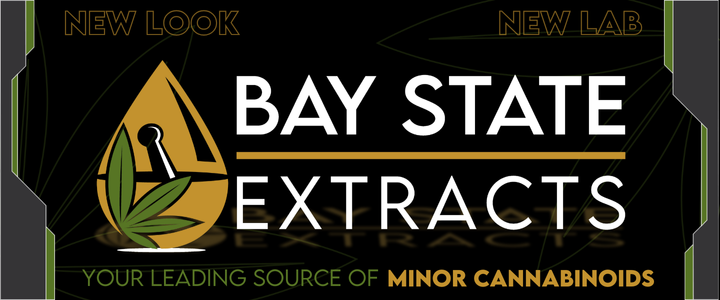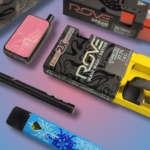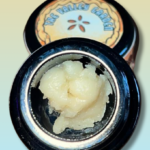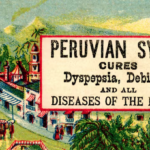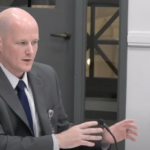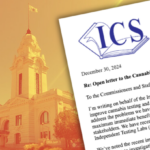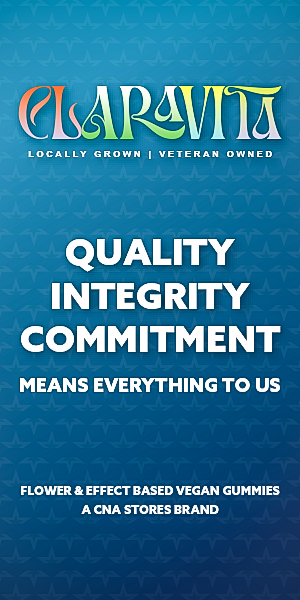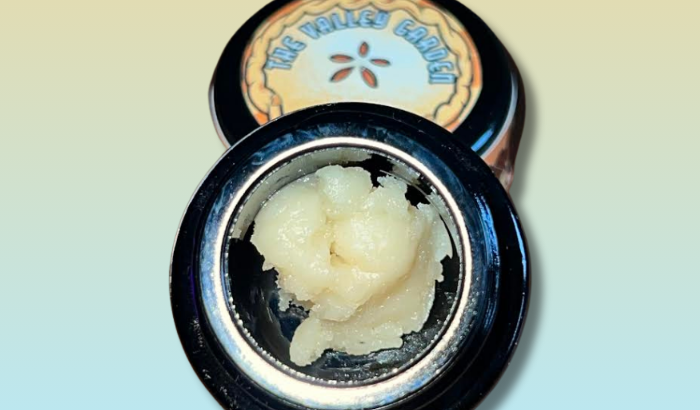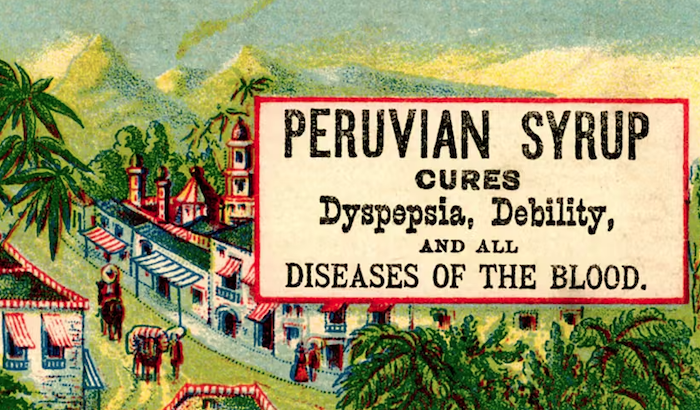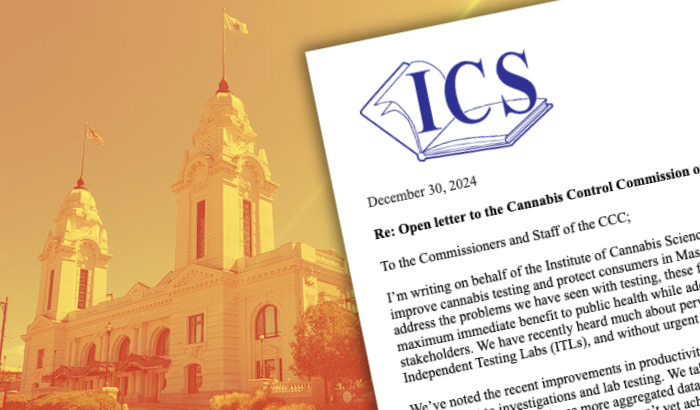
Open letter to the CCC from Institute of Cannabis Science calls for increased accountability in lab testing in order to protect consumers
The following was written by Dr. Jeff Rawson of the Institute of Cannabis Science and sent to the Massachusetts Cannabis Control Commission on Dec. 30. It was shared with Talking Joints Memo as a guest op-ed.
Re: Open letter to the Cannabis Control Commission of Massachusetts (CCC)
To the Commissioners and Staff of the CCC;
I’m writing on behalf of the Institute of Cannabis Science to propose four immediate measures to improve cannabis testing and protect consumers in Massachusetts. As the CCC continues to address the problems we have seen with testing, these four priorities are selected to provide maximum immediate benefit to public health while addressing several challenges of industry stakeholders. We have recently heard much about perverse incentives that work against ethical Independent Testing Labs (ITLs), and without urgent changes, more honest labs will close.
We’ve noted the recent improvements in productivity, communication, staffing, and transparency with respect to investigations and lab testing. We take Commissioner Roy at her word that the CCC will continue to release more aggregated data from compliance testing of cannabis. Although things are improving, we haven’t yet achieved a high level of accountability for the accuracy of cannabis testing. Additional urgent measures we propose are:
-As quickly as possible, automate the handling of Certificates of Analysis (COAs) and provide them to consumers in an online database that is addressed by QR codes. Consumers are often still unable to obtain the COA of a cannabis product before purchasing. Some cannabis producers (Triple M, for example) already label each package with a QR code that links to a pdf of the COA, and this practice is required in Vermont. Consumers have a right to shop for cannabis based on the reputation of the testing lab. The lack of an automated system for distributing COAs and associating them with the entries for products in purchasing systems are headaches for retailers, as well.
-Raise the Total Yeast and Mold (TYM) threshold from 10,000 to 100,000 cfu/g. A TYM threshold of 10,000 cfu/g is not more safe than one of 100,000 cfu/g, as asserted in a recent letter issued by Medicinal Genomics, a leading manufacturer of these tests. An artificially low action limit for TYM overly incentivizes the use of excessive pesticide applications and “remediation,” a kill step that doesn’t remove toxic byproducts of spoilage. Connecticut, Michigan, and Maryland have set their TYM thresholds at 100,000 cfu/g.
-Implement a consumer-facing label that identifies “remediated” flower. Remediation as it is used today is a hazard to public health, because it may be used to conceal spoilage of flower. A consumer-facing label is a reasonable incentive that would allow shoppers to make their own choice about the importance of remediation, and it would likely benefit the local craft growers of our state. This should also be readily achieved, since remediated products are already flagged in the database maintained by Metrc.
-Increase the pesticide list to include several dozen more compounds. The list of 9 compounds that we screen in MA is the shortest of any cannabis market in North America. In the past year, considerable evidence has been reported of cannabis contaminated with pesticides that are screened in other states, but not here. Most recently, on December 19th of 2024 the L.A. Times published a large exposé on CA cannabis that reported dozens of hits on compounds that are not screened in that state’s compliance testing.
In addition to these four discrete changes, we urge the Commission to continue its efforts toward transparency and accountability. There should be no shame in admitting to mistakes or to taking advice. Cannabis is a rich and dynamic sector, and we all must work together to create a market that works for all.
Thanks for your attention to these recommendations.
Best Regards,
Jeff Rawson, Ph.D.
President and founder, Institute of Cannabis Science


